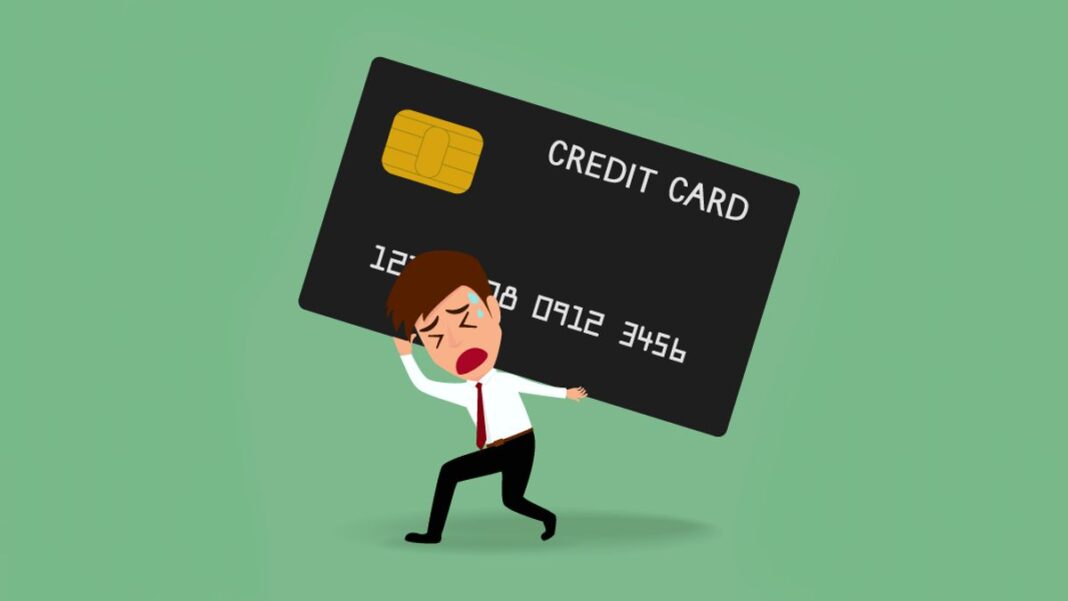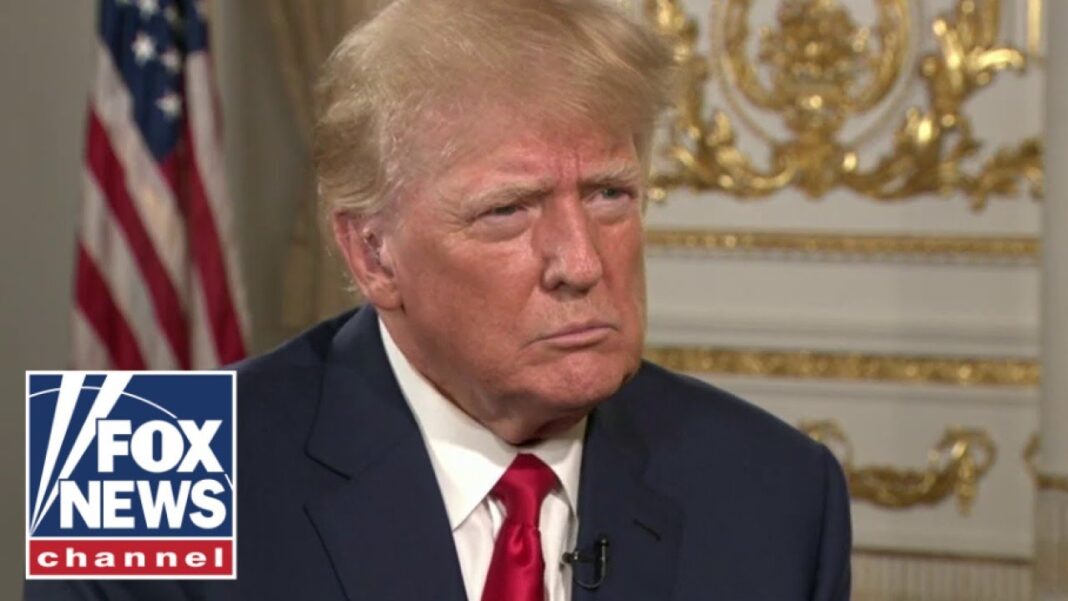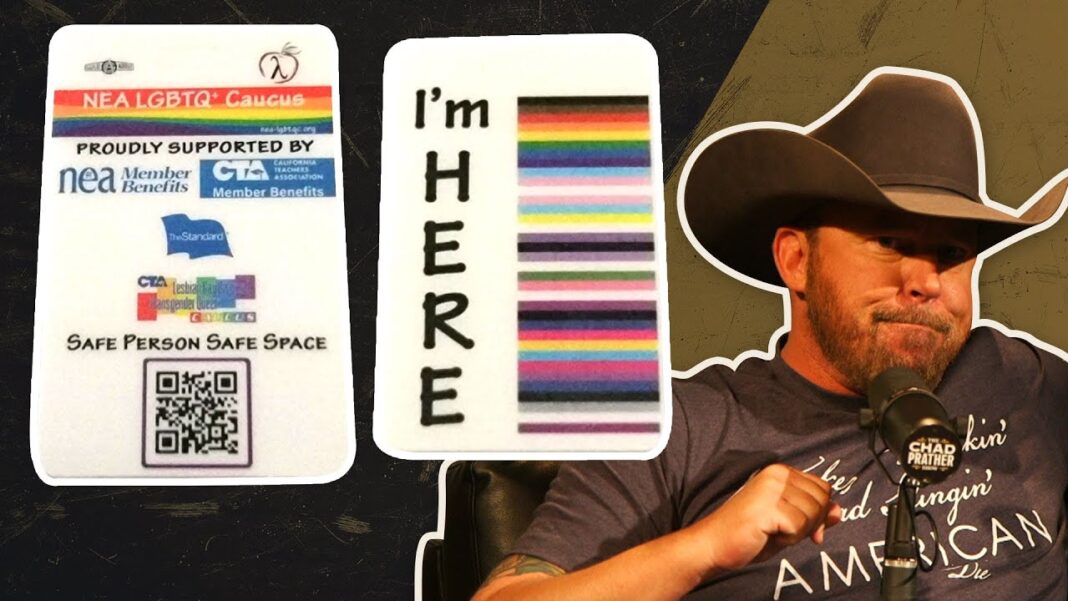
The Federal Reserve raised interest rates by 75 basis points during its September policy meeting. After four previous increases, the benchmark fed funds rate now stands in the 3 percent–3.25 target range. Fed officials signaled that further big increases are likely at the two remaining meetings this year.
While the Fed’s decisions have consequences for the broader financial markets, they might also have vast implications for household budgets across the country, whether it’s credit cards or savings accounts.
Credit Cards and Personal Loans
The Fed directly influences the prime rate, which is the base rate of how other interest rates are created, whether it’s for a personal loan or a car loan.
Credit card businesses will charge cardholders a variable interest rate that’s based on the prime rate. Because the U.S. central bank’s decisions affect short-term rates, this can significantly impact what Americans pay on their credit cards. Today, the average credit card annual percentage rate (APR) is 18.10 percent, up from 17.13 percent in the middle of July, according to Bankrate.
A recent analysis from personal finance website WalletHub estimates that the rate increase would cost consumers an extra $5.3 billion in credit card debt over the next 12 months. That’s in addition to the $15.3 billion increase Americans have already incurred this year as a result of the Fed’s previous rate boosts.
“Credit card debt is easy to get into and hard to get out of,” Ted Rossman, a senior industry analyst for CreditCards.com, said in a report. “High inflation and rising interest rates are making it even harder to break free.”
Home equity lines of credit (HELOCs) also are greatly influenced by Fed moves, since those credit products are generally tied to the prime rate. The interest rate attached to auto loans is also typically connected to the prime rate.
By Andrew Moran







